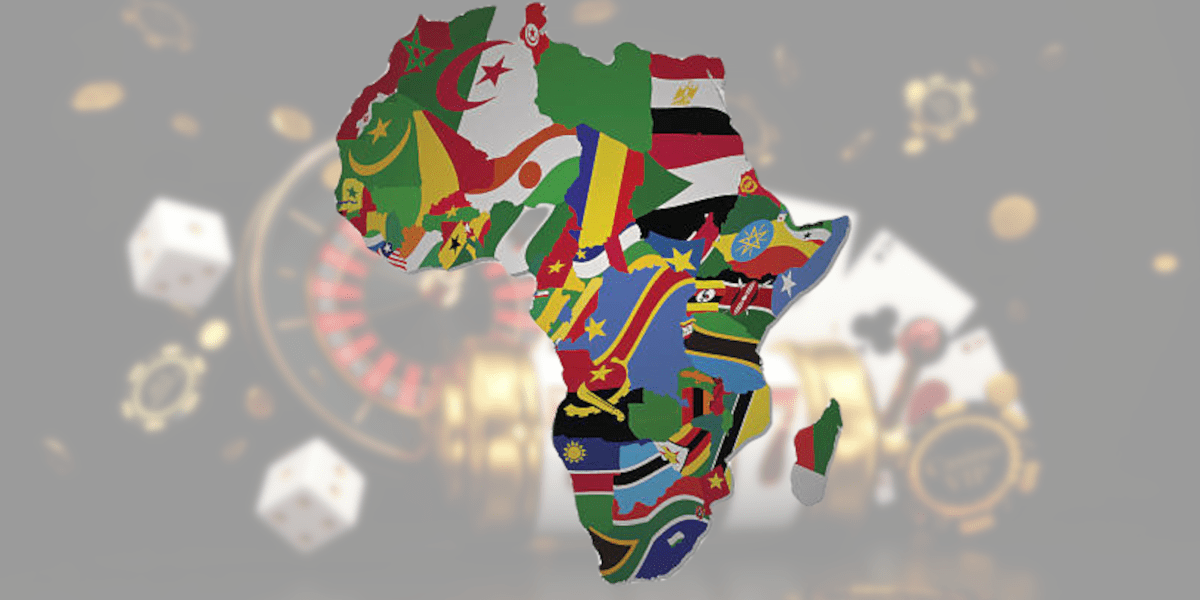In recent years, the continent has become quite attractive for entrepreneurs who want to open a gambling business. The majority of the African countries are now enjoying a stable economic growth. There was a drop in GDP caused by the pandemic, but the situation has quickly gone back to normal. It is expected that in the following years, the region will see an economic boom.
There are also other factors why Africa is so attractive for iGaming businesses. Over the last few years, the share of mobile Internet users has been steadily increasing, which makes the region reliable for investment. Locals mostly prefer betting platforms, and these websites have consistent traffic. Online casinos are in less demand. The reason is that launching slots and other online games results in more Internet data consumption. However, according to experts, this will change in the following years due to the improvements in telecommunication systems and rising personal income levels.
Legal status of gambling in Africa
The gambling situation in Africa is at the level of most Muslim countries. Residents of North African states are strictly prohibited from participating in any gambling activities. In some countries, land-based casinos can only be opened in certain areas. For example, in Morocco, Tunisia and Egypt, gambling establishments are allowed exclusively in large hotels and can only be visited by foreigners. Such an approach facilitates the development of the tourism sector.
There are also state-owned betting companies in Tunisia and Morocco. Most of their income goes to funding local sports clubs and communities.
In many African countries, such as Kenya, Uganda and Zambia, legislation only regulates land-based casinos. However, online operators can obtain a license as well. The vague provisions in the gambling legislation cause some confusion. Land casinos without a license are not allowed to operate in these countries—at the same time, there is not a word about online casinos and betting platforms. Therefore, many operators seek to obtain a license for their online businesses to avoid any issues in the future.
Sub-Saharan countries also have no formal regulation of online gambling. Foreign operators can enter the market and offer their products to locals, but they have to obtain a license in another jurisdiction.
The title of the most prosperous online gambling hub can be given to Nigeria, although the licensing process there is not smooth either. There are two regulatory bodies in the country, the National Lottery Regulatory Commission (NLRC) and the Lagos State Lotteries Board (LSLB).
A total ban on online casinos is in place only in South Africa. The country’s main regulator, Western Cape Gambling and Racing Board (WCGRB), issues licenses exclusively to sports betting companies.

Gambling license cost in Africa
In most African countries, the license cost is different for local and foreign applicants:
- Kenya. A betting license costs €2,800 for local entrepreneurs and €6,250 for foreigners. An online casino license costs €32,800 and €38,600, respectively.
- Uganda. For sportsbooks, a license costs €2,300 and €4,600 for local and foreign entrepreneurs, respectively. An online casino license is €4,600/€11,700.
- Nigeria. Operators have to pay a license fee of €4,000 (NLRC) or €1,000 (LSLB). The NLRC’s license costs €10,000 per year plus 5% of turnover. The LSLB’s license is €100,000 plus 2.5% of revenue for the first year and €20,000 per year after that.
Obtaining a license in third-party jurisdictions
Online gambling is not regulated in most of Africa. In particular, foreign operators are interested in the Egyptian and Moroccan markets. There, gambling websites are in demand not only among the local population, but also among tourists. However, there remains one problem: local authorities do not issue licenses to websites with casino games, and users are usually very wary of unlicensed platforms.
The solution may be to obtain a gambling license in other jurisdictions. The best options for this are Curacao and Malta. Below, we have listed the key aspects of their licenses:
| Characteristics | Curacao | Malta |
| Financial reporting | Annual financial reports | Monthly and annual financial reports |
|---|---|---|
| Licensing cost | Obtaining (and renewing) a license is €21,900 per year + 6% sales tax | Fixed annual license fee – €25,000; flexible taxation – 0.40%-1.25% |
| Requirements for owners | Company must be registered in Curacao and appoint a local resident manager | Company must be registered in Curacao and appoint a local resident manager |
| Registration period | 1.5 months | 6 months |
Curacao and Malta do not differentiate between different types of gambling, and the licenses can be obtained by both online casinos and betting platforms.

Conclusion
If you are planning to get into the African online gambling market, it is important to thoroughly analyze all the intricacies of the industry on the continent. You may want to ask experts for advice on areas for investment since making the decision on your own can be a challenge.


